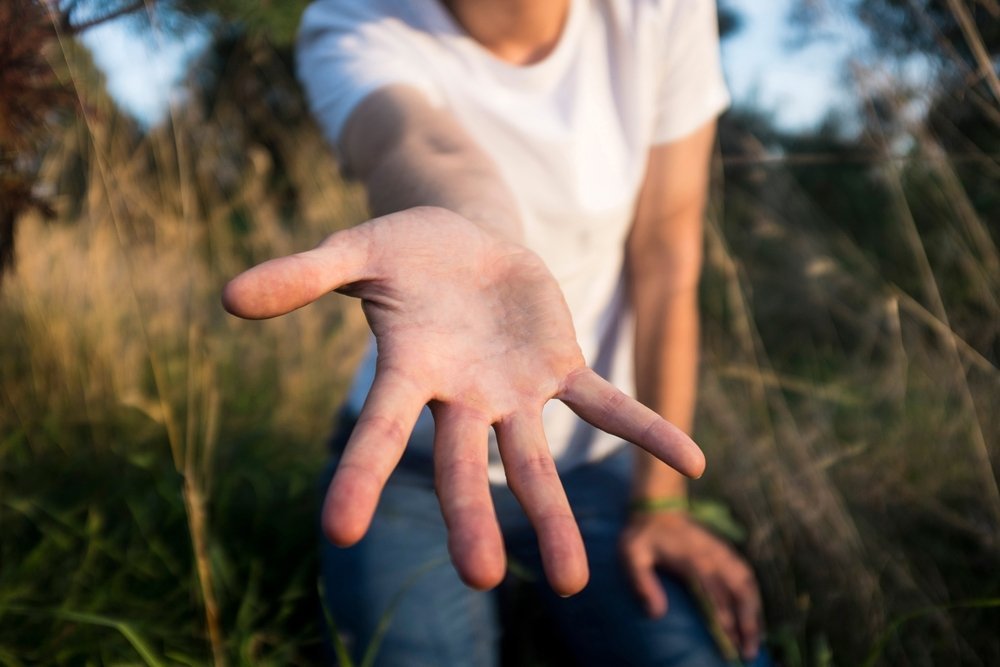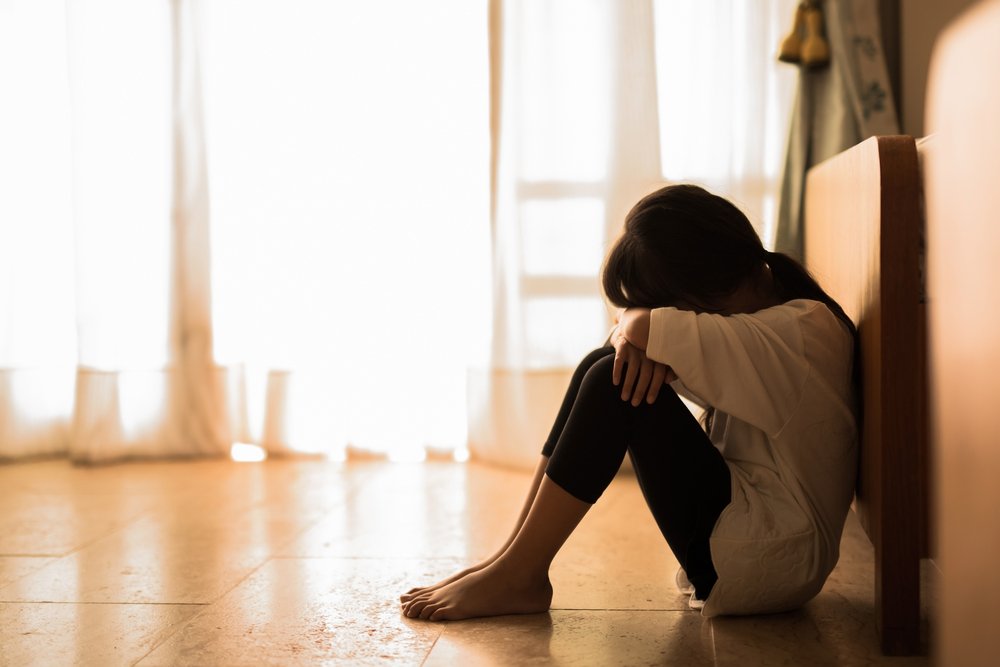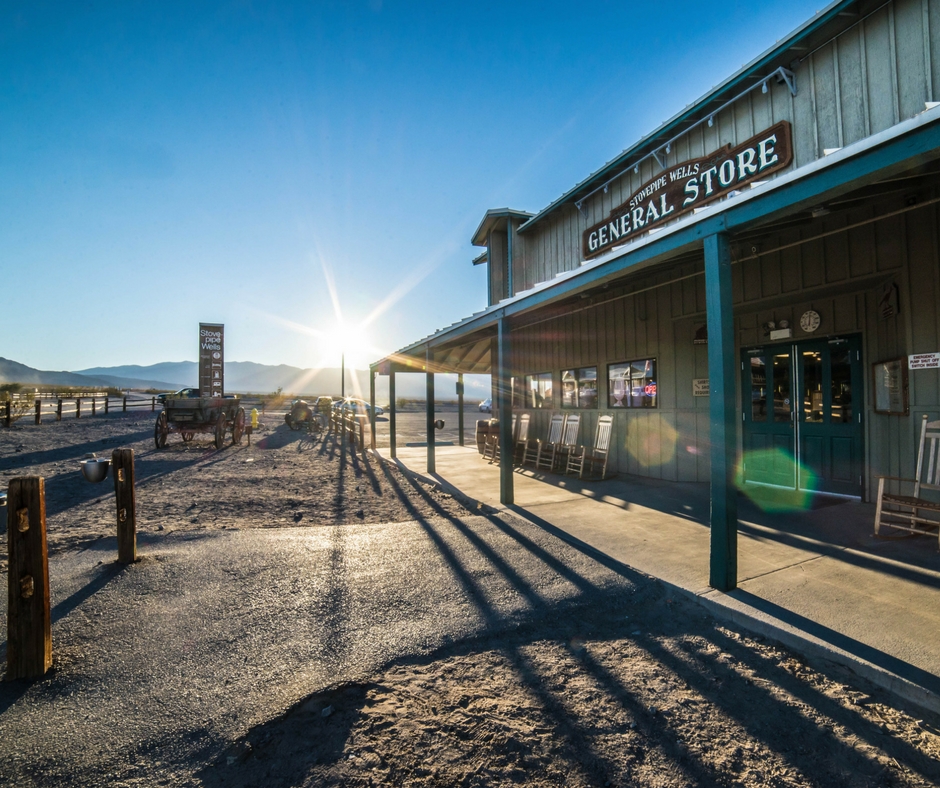New Legal Funding Option For Plaintiffs in Personal Injury Cases
Rachel Mathews, Executive Director - The Bairs Foundation
Just imagine what it would be like if you or someone close to you suffers a catastrophic personal injury. Tragic accidents do not discriminate - they can happen to anyone. You’ve been blindsided, and your world may be upside down right now. You’ve filed a lawsuit, but it could be months, sometimes even years, before you see any justice.
On top of everything else you are dealing with, you have to find a way to continue providing for yourself and your family during this time. Bills must be paid, rent or mortgage covered, transportation provided, and food put on the table. While you’re awaiting litigation, it is not uncommon to have no source of income and no affordable healthcare. So you do what any family would do: you exhaust your savings, and pull together everything you have. Eventually though, it isn’t enough.
The non-recourse lending industry can very well be considered the Wild West of consumer finance.
In these circumstances, one of the only industries an individual can look to for support is the litigation finance industry, i.e. the 'non-recourse lending industry,' which can very well be considered the Wild West of consumer finance. Unlike most types of lending, non-recourse loans are not regulated by the federal government, and few states have put into place any guidelines to protect consumers. Without regulations, companies in this industry are running rampant, charging extravagant interest rates on these “lawsuit loans” and turning a huge profit for themselves.
Most of these companies operate like the worst of the worst in “payday” loans, charging usurious interest rates, taking advantage of these individuals stuck between a rock and a hard place. They are able to do so because non-recourse funding is not technically considered a loan. It is an advance on an individual’s future settlement, meaning if a plaintiff does not win his or her case, they do not have to pay the advance back.
The Bairs Foundation seeks to bring fairness to an industry that has historically taken advantage of individuals and families who are struggling to make ends meet while they pursue justice.
If they do win, by the time a plaintiff finally reaches a settlement, the amount they owe back to these lenders has grown so quickly and vastly that it greatly cuts into the funds that were intended to compensate this individual and their family for years to come.
Well, there’s a new sheriff in town. The Bairs Foundation, the first ever not-for-profit organization in the non-recourse space, is looking to bring fairness to an industry that has historically taken advantage of individuals and families who are struggling to make ends meet while they pursue justice. The Bairs Foundation provides fair access to capital with compassionate interest rates. In contrast to the for-profit companies charging 50-100% in compounding interest, Bairs provides advances at 7% simple interest. Any interest paid back from pre-settlement advances goes back into the foundation, growing the pool of capital that can be used to help more and more families in need.
It can be a grandma who had a hip implant with a defective device, and who is seeking litigation against the manufacturer but has no way to get to and from therapy appointments
We talk to plaintiffs, listen to their struggles, and work with them to identify the best and most appropriate financial options. We want to make sure they only borrow what they need. It can be a grandma who had a hip implant with a defective device, and who is seeking litigation against the manufacturer but has no way to get to and from therapy appointments. It’s the young veteran who had a car accident due to a faulty product in the vehicle, and whose family needs help paying for around-the-clock care for him. It’s the mother of two who was a victim of medical malpractice, is seriously injured, and needs help keeping the electricity on in her home.
The Bair Foundation aims to change the standard of the litigation funding industry by turning the focus to helping, not harming, plaintiffs. We want to expose the current industry for what it is, and we want to encourage others to raise awareness and follow our lead. The foundation would like to prove that this philanthropic model of plaintiff funding is sustainable, humane, and can be replicated by charitable organizations nationwide, and for generations to come.








